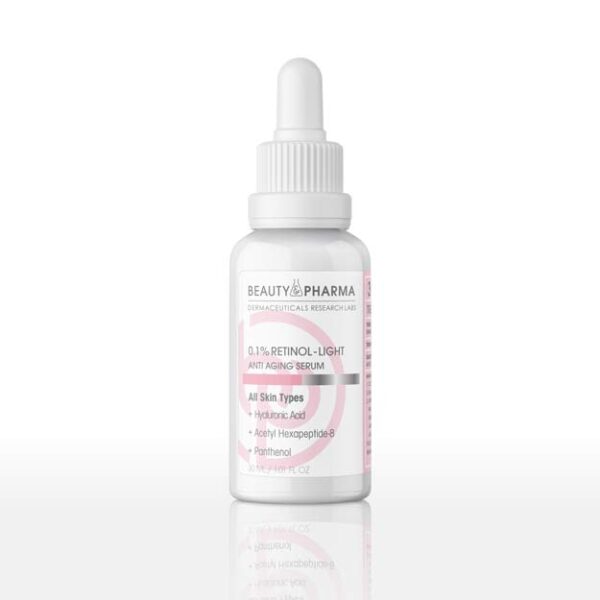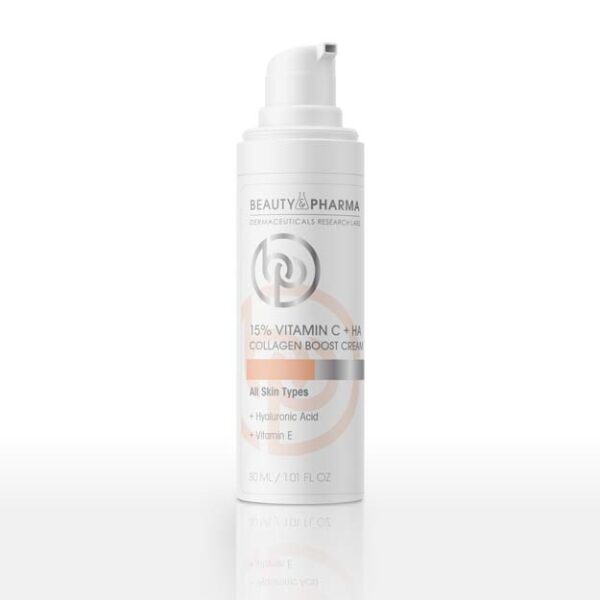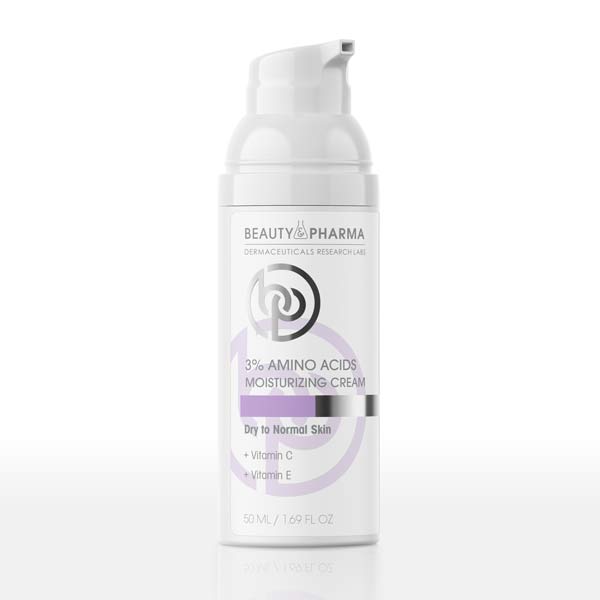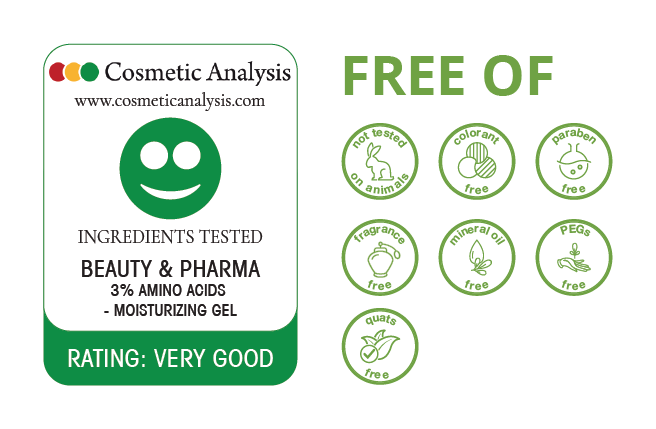Description
HOW IT WORKS
3% Amino Acids
Amino acids are the building blocks of both peptides and proteins, and each has a specific role in skin care. Amino acids maintain skin’s hydration, texture, resilience, and an overall supple, healthy appearance.
Peptides, also known as collagen peptides, are proteins found in the body spontaneously, which serve to increase the amount of collagen in the body that decreases with aging.
Amino acids are naturally present in skin, as part of what’s called our natural moisturizing factors (NMFs). Within the skin’s uppermost layers, amino acids work as conductors, orchestrating an incredibly complex “concert” that allows our skin to thrive and to stay hydrated.
- Arginine plays a role in repairing visible skin damage.
- Histidine has antioxidant ability and can soothe skin.
- Methionine neutralizes damaging substances before they can harm the skin.
- Lysine helps visibly firm skin’s surface by reinforcing its supportive elements.
- Proline, leucine, and glycine diminish the look of fine lines and wrinkles.
5% Niacinamide
– is an anti-inflammatory and has shown to improve #acneproneskin and #rosacea. B3 can also help with #sundamage
#VitaminB3 or #niacinamide is an anti-inflammatory that can be useful in treating acne as well as acne rosacea.
Also known as niacinamide and nicotinamide, vitamin B3 works with the natural substances in your skin to help visibly minimize enlarged pores, tighten lax pores, soften fine lines and wrinkles. Niacinamide also reduces the impact of environmental damage because of its ability to improve the skin’s barrier (its first line of defense), plus it also plays a role in helping the skin to repair the signs of past damage. Dry skin, topical application of niacinamide has been shown to boost the hydrating ability of moisturizers so the skin’s surface can better resist the moisture loss.
How does it work?
– It Increases barrier function, which means better tolerance for #VitaminA
– Anti-inflammatory for #acne #rosacea #sensitiveskin
– If you’re #pregnant, Vitamin B is safe
– Vitamin B (scientifically proven) decreases the rate of skin cancer
– Who can use it? Absolutely anyone can use it, unlike vitamin A
Supportive Ingredients
- Vitamin C
- Vitamin E



